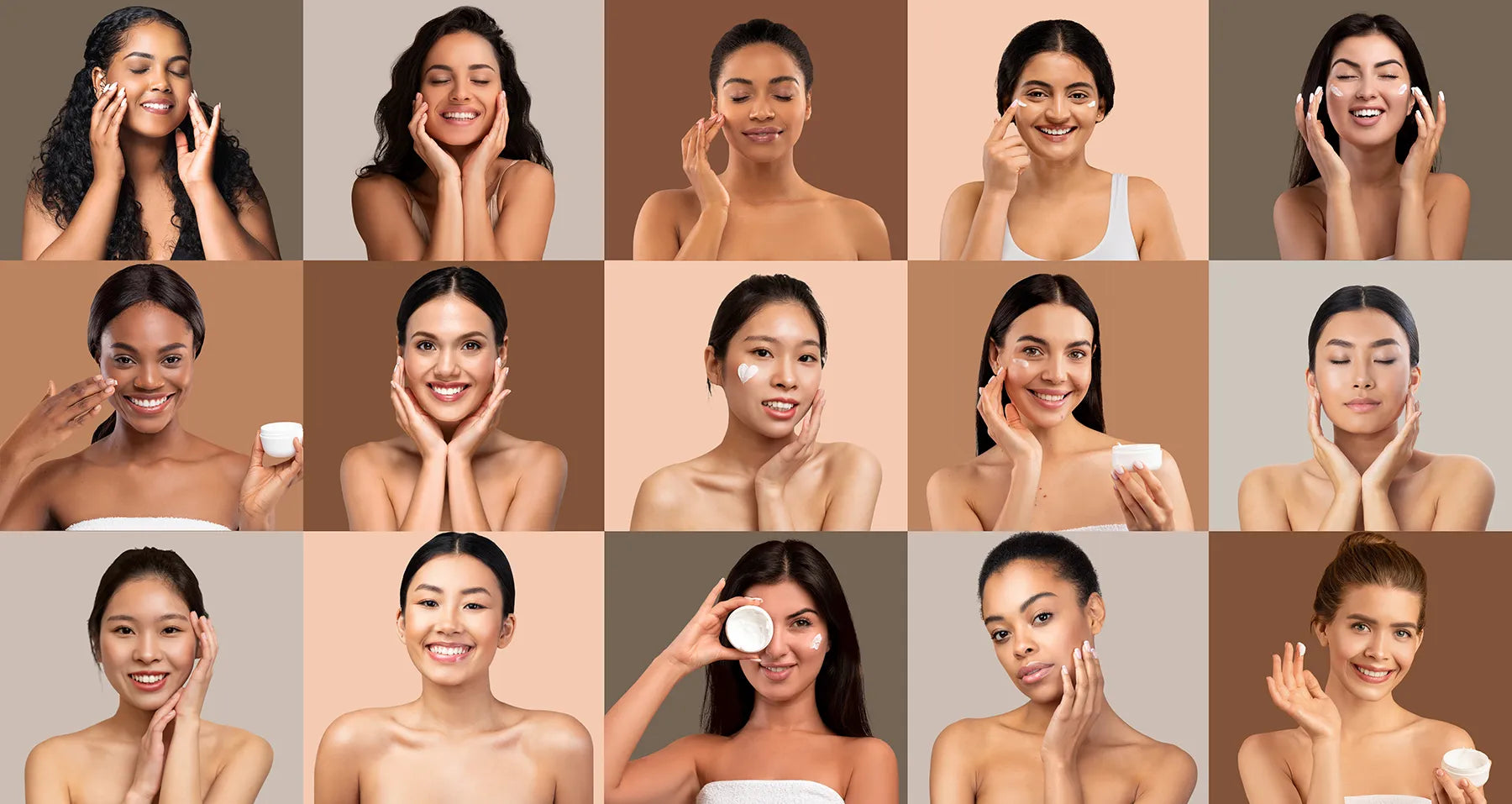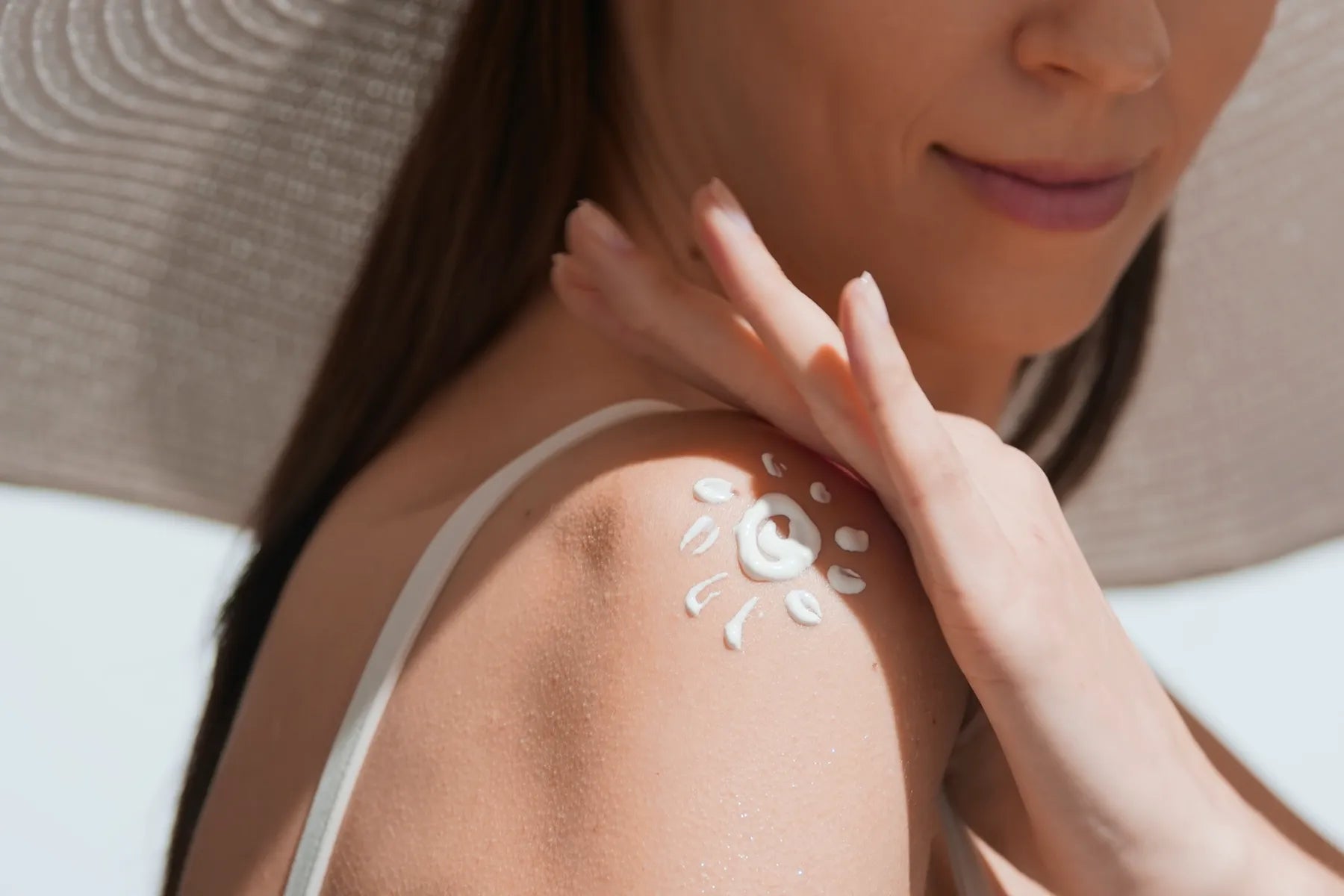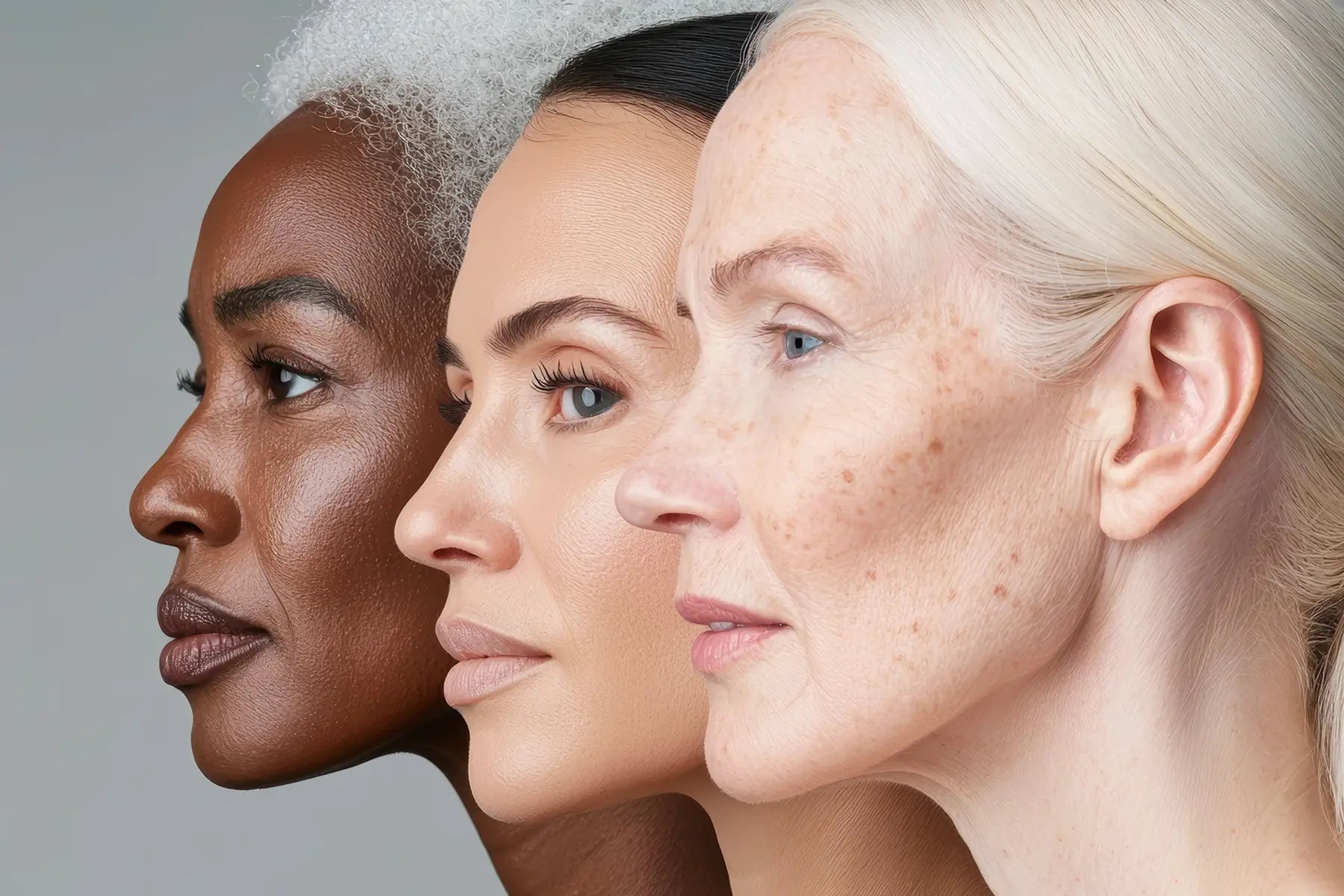When it comes to focusing on single-ingredient or ingredient-specific skincare products, things can get confusing. For example, a hyaluronic acid-based moisturiser may have earned rave reviews from millions of people, but that doesn’t mean it is a good match for your unique skin type. Other ingredients in the formulation may be bad for a skin concern you have and it is better to focus on your personal skin concerns, rather than an individual ingredient. Austin Skin helps solve the confusion so that you can select products that meet your unique needs.
–––––––––––––
Skincare can be a bit like chemistry; certain ingredients work wonders when combined, but on their own or mixed with the wrong partners, they may not deliver the results you’re hoping for, and could even make your skin issues worse. Focusing on one hero ingredient in a product without considering the entire formulation can be risky, especially if you have multiple skin concerns.
In this article, we’ll break down why single-ingredient focus can sometimes lead to unexpected skin issues, and explore how combinations of ingredients can either support or sabotage your skin goals.
Why a Single-Ingredient Focus Can Be Misleading
With skincare becoming increasingly ingredient-focused, it’s easy to fall into the trap of seeking products based solely on popular ingredients such as hyaluronic acid, vitamin C, or retinol. These are powerhouse ingredients that deliver on their promises, but they don’t operate in a vacuum. The other ingredients in the formula play a big role in how effective or irritating a product can be. For example, while hyaluronic acid hydrates beautifully, it’s often paired with preservatives or stabilisers that may trigger breakouts in sensitive or acne-prone skin.
In this way, focusing on just one ingredient without looking at the full list can cause unforeseen problems. To illustrate this point, let’s dive into some examples of popular ingredients, and how their effectiveness can be influenced by the company they keep.
Vitamin C: Brightening Hero or Irritation Trigger?
Vitamin C is known for its brightening effects and antioxidant properties, making it a favourite for people looking to combat dullness, hyperpigmentation, and fine lines. However, vitamin C products can be a double-edged sword because of their acidic nature and how they react with other ingredients.
- Harsh Preservatives: Vitamin C is notoriously unstable, meaning it degrades quickly in air and light. Many products include stabilising agents or preservatives to keep vitamin C effective for longer. But some of these preservatives, such as sodium benzoate or phenoxyethanol, can be irritating, particularly for sensitive skin. This means that while vitamin C is actively working to brighten your skin, the preservatives in the same formula may cause redness or inflammation.
- Exfoliating Acids: Many formulations combine vitamin C with glycolic acid or salicylic acid for an added exfoliating effect. These can be too strong for people with sensitive or dry skin, leading to irritation, peeling, and increased sensitivity to the sun.
Austin Skin recommends you look for Vitamin C products that are stabilised naturally or use gentler preservatives. Avoid formulations with additional exfoliating acids if you have sensitive skin, to maximise benefits while minimising irritation.
Hyaluronic Acid: Hydrating Superstar or Acne Aggravator?
Hyaluronic acid (HA) is a hydrating staple that can hold up to 1,000 times its weight in water, making it ideal for keeping skin plump and moisturised. However, not all HA products are created equal, and the accompanying ingredients can sometimes cancel out its benefits or even cause new issues, especially for acne-prone or oily skin types.
- Occlusive Ingredients: Many hyaluronic acid products add occlusives such as dimethicone (a type of silicone) to lock in While this works well for dry skin, people prone to acne may find these occlusives clog pores, leading to breakouts. This is especially true for formulations that contain high concentrations of silicones or oils.
- Alcohols: Some products use drying alcohols (such as denatured alcohol) to achieve a lightweight feel, particularly in oil-free However, alcohols can be extremely drying over time, potentially worsening dehydration and negating the hydrating effects of HA.
To avoid issues with hyaluronic acid, choose products that pair it with lightweight, non-comedogenic moisturisers, especially if you have acne-prone skin. Your goal is a formulation of pure hyaluronic acid, free of heavy silicones and drying alcohols.
Retinol: An Anti-Ageing Star with a Side of Sensitivity
Retinol and its derivatives are beloved for their ability to accelerate cell turnover, reduce fine lines, and improve texture. However, retinol is a potent ingredient that can be irritating on its own, and when combined with other active ingredients it can lead to dryness, redness, or even peeling.
- Fragrance: Surprisingly, some retinol products include synthetic fragrances or essential oils, which can be irritating. Fragrance-free formulations are often better suited for retinol, as this ingredient is already intense enough on its own.
- AHA/BHA Exfoliants: Retinol paired with exfoliating acids such as glycolic acid or salicylic acid, is generally too harsh for most people. These combinations can easily lead to compromised skin barriers, causing flakiness, redness, and discomfort.
For a gentler approach to retinol, consider products with calming agents, allowing you to experience the anti-aging benefits of retinol with a reduced risk of irritation.
Salicylic Acid: An Acne Hero That Can Also Dry You Out
Salicylic acid (SA) is a beta-hydroxy acid (BHA) that’s oil-soluble, making it perfect for penetrating pores and treating acne from within. But salicylic acid can be drying, especially when paired with other ingredients that further dehydrate the skin.
- Alcohol-Based Formulas: Many acne treatments include both salicylic acid and denatured alcohol to achieve a lightweight, quick-drying finish. However, alcohol can strip the skin of natural oils, potentially worsening dryness and triggering even more oil production as your skin tries to compensate.
- Sulphur: While sulphur is another great acne-fighting ingredient, pairing it with salicylic acid can create a too-powerful drying effect for many people. This can lead to flakiness, irritation, and even a compromised skin barrier over time.
For a balanced approach to treating acne, look for salicylic acid products that include hydrating ingredients such as glycerine or aloe vera to clear blemishes while not over-drying.
Fragrance-Free Isn’t Always Safe for Sensitive Skin
It’s worth noting that fragrance-free doesn’t always mean free from potential irritants. Products that claim to be fragrance-free may still contain plant extracts or natural essential oils for scent, which can cause reactions in sensitive skin.
- Essential Oils: While some people love natural scents from essential oils such as lavender or tea tree, these oils can trigger reactions, especially in sensitive or reactive skin. Some people find these natural oils just as irritating as synthetic fragrances, so it’s essential to read the ingredient list closely.
- Preservatives: Many fragrance-free products include stronger preservatives to maintain their shelf life. While preservatives are necessary, some, such as methylisothiazolinone, can be sensitising for reactive skin types.
For truly gentle options, consider products free of both synthetic and natural fragrances and avoid essential oils.
Change Your Focus to YOU
When it comes to skincare, focusing on a single ingredient can be tempting but potentially risky. Always look at the full ingredient list of any product and consider how each component may affect your skin, especially if you have multiple skin concerns.
Choosing products based on complete formulations rather than single ingredients is often a better way to address complex skincare needs. At Austin Skin, we prioritise balanced formulations that consider your skin's unique needs, combining targeted ingredients with soothing, supportive elements to ensure you get the best results with minimal irritation. Remember, skincare is about synergy, and when the right ingredients work together, your skin will show the difference!







